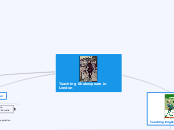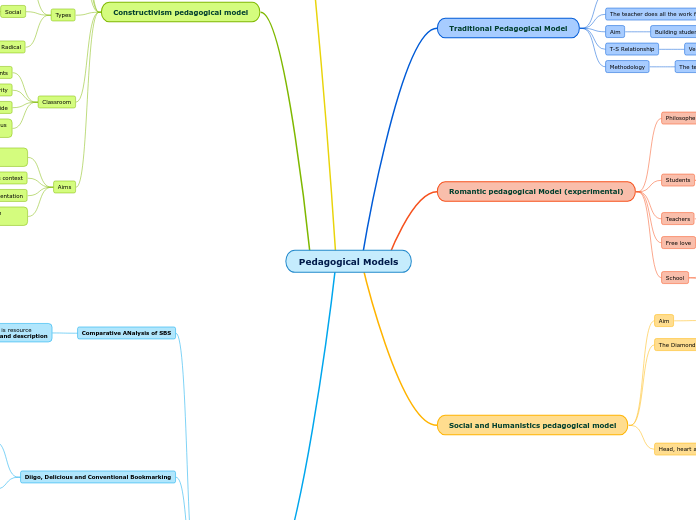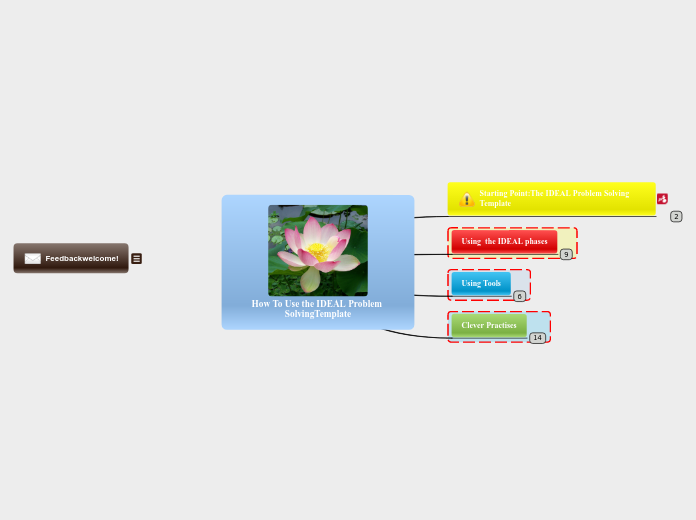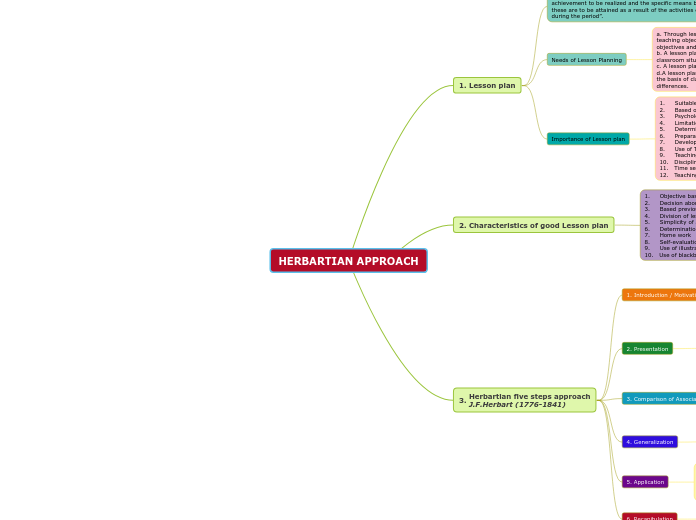Types of Knowledge:
Classification & Categories
Methodology
Criteria
Trends & Sequences
Convention
Specific Facts
Terminology
Noun to Verb Form
Teaching English Philosophy
Teaching competencies
For more info about competencies, go check course pack - class 7
(they are all listed, which is good for links)
13. Multiculturalism
12. Ethics & professionalism
11. Reflect
10. Cooperate (with your team)
9. Cooperate (with everyone)
8. ICTs
7. Adapt (special needs)
6. Classroom managment
5. Evaluate
4. Teach
3. Plan
2. Communicate
1. Understanding (culture)
Types of intelligence
Naturalist/ecologist
Verbo-linguistic
Intrapersonal
Logico-mathematic
Visual/spatial
Interpersonal
Musico-rythmic
Corporal/kinesthetic
Advantages of teaching
Organize extracurricular activities
Worldwide employment
Social advantages (pension funds, secure retirement)
Vacations & holiday breaks
School trips (travel & activities)
Sharing your knowledge
Sharing your passion
Working with kids
Decent salary
Realities of Teaching
The Uniqueness of the Teaching Experience
The Drama and Immediacy of Teaching
The Impact of Teacher's Attitudes
The Need for Teacher-Student Partership
Difficulty of Assessing Students' Learning
Unpredictability of Outcomes
Challenges of teaching
Planning/organizing
Students with different needs
Lack of resources
Specialists
Social workers
Orthopedagogists
Psychoeducators
Technologies
Budget ($)
Lack of support
From the school
From friends
From family
From colleagues
Loneliness
Exhaustion
Can't disconnect mind from work
Relationship With:
School Mentality
Agreeing with the school's values
Agreeing with the school's rules
Yourself
Employer
Colleagues
School Staff
Fellow teachers
Collaboration projects
Students
Qualities of a Teacher
Requires involvement of students in classroom decisions
Devotion- Willingness to put in long hours to do a good job
Establishes a supportive and respectful community
Attemps to meet the individual needs of each students
Usage of professional development opportunities
High expectancy of themselves & of students
Involvement in "extra" activities
Ethicality
Focus on teaching skills
Relevancy of lessons
Aware of latest research in effective teaching
Ability to cover the entire curriculum set out in their grade level
Great class planning
Great class management skills
Communicational skills
With collegues
With students
With parents
Well-groomed/ presentable
Self-reflective
Sense of flexiblility and adaptability
Beleives in Students' success
Creative and Imaginative
Knowledge of their subject
Priority of equal treatment of all students
Caring for their students
Makes Learning Enjoyable
Well organized and prepared
Great sense of Humour
Student
Lifestyle
Health
Mental Health
Physical Health
Hours of sleep
Physical Activities (Physical Training)
Nutrition
Challenges
Dependent from student
External Influences
Organisation
Motivation
Independent from student
Environment
School
Programm
Extra Curricular Activities
Classroom
Involvement
Participation Rates
Milieu
Family
Matrimonial Situation
Economical Situation
Approaches & methods of teaching (DDL)
Communicative
Community
Natural
AVSG
Audio-oral
Direct
Grammar-translation
Modes of Thinking when facing a dilemma
Dialectical
Generates solution
Deliberate
Seek more informations to understand better the dilemma
Situational
In a specific context
Technological/ Formulaic
Prepackaged knowledge
Teaching Strategies
Knowledge and Skills
Solutions/Methods
Teaching Tools
Organisation methods
Weekly planner
Agenda
Post-its notes
Time management
Timer-clock
Brain Breaks
Ex. Stand Up for True. Sit down for Falso
Ex: Fetch Something of X colors
Hooks
Activities
Ex: Guessing Game
Work ethics
The Acceptance of
All Genders
Transexual Students and School Staff
Different Learning Capacities
Neurodivergence
Physical/ Mental Disabilities
Different intelligences
Religious Beleifs
Sexual orientation
Cognitive Process
2001
Remember
Understand
Apply
Analyse
Evaluate
Create
1956
Comprehension
Application
Analysis
Synthesis
Evaluation
Knowledge
Of methods (for applying theories)
Of the milieu
Of the subject
Culture
Contemporary trends
Literature
Language
Methods/approaches
Competencies
Teaching practices
Of students
Of self
Teaching theories
Essentialism
Usefulness to society
Reconstructionism
Society
Behaviorism
Punishments
Rewards
Perennialism
Unchanging truths
Existentialism
Responsibility in meaning of life
Prepare to the inevitable
Progressivism
Student centered









